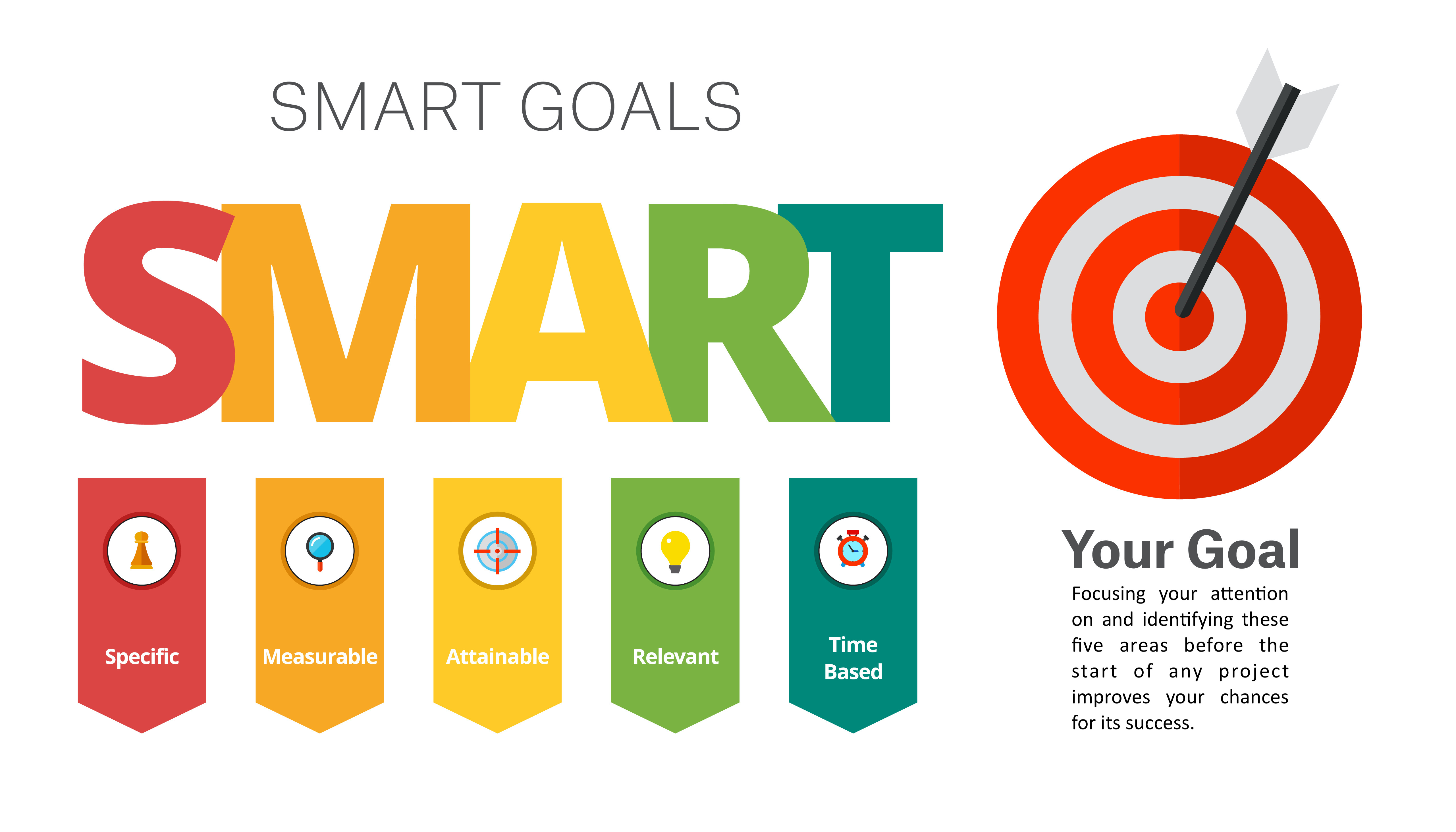As a coach or consultant, your work with clients can cover anything from implementing a customised training programme for your company or a client’s employees, to sourcing funding for specific programmes and projects. The one thing that can drive a continuous success rate in achieving your goals is selecting clients with jobs that allow you to work SMART.
The Birth of SMART
The SMART Acronym was born from George T. Doran in 1981, who published a paper titled ‘There’s a S.M.A.R.T. way to Write Management’s Goals and Objectives’.
The Original Definition of SMART
The words within the acronym have changed over time, depending on the person using it. Doran’s original definition is: Specific, Measurable, Assignable, Realistic, Time-related.
My Definition of SMART
For my work with clients, I use the following meaning:
1. Specific: the project is clearly defined, predetermined, identifiable.
2. Measurable: the project is quantifiable, attainable, achievable.
3. Attainable: the project is feasible, realistic, winnable.
4. Realistic: the project is practicable, doable, achievable.
5. Time-bound: the project has a start date and end date.
Notice how most all of the points have correlating words that can shift from one point to the other. Interchangeable.
Focusing your attention on and identifying these five areas before the start of any project improves your chances for its success. When writing the Job Brief or Scope of Works, ensure you answer these 5 points. Write. Them. Down. Once answered, you will now have a strong foundation and clear roadmap that will carry you through to the end.
An Example
Let’s say you have a client who asks you in July to train 10 of their staff members in Customer Service, and the client wants them to finish their training in September, so they are ready for the October, November, December sales peak.
- Specific – the project is clearly defined: 10 persons, customer service training, to be completed by September.
- Measurable – the project is quantifiable, attainable, achievable: You know your customer service training-course; you can assess the group of trainees during your training with them, and they, as a Team, should be able to recognise that they are on the right track to offer a better customer experience at the client’s business.
- Attainable – the project is feasible, realistic, winnable: Yes, once it is not the first time you are conducting a customer service training course, the positive end result of a training course like this is achievable.
- Realistic – the project is practicable, doable, achievable: Same as point 3, once the timeframe within which you have been given to start and complete the training is sufficient.
- Time-bound – the project has a start date and end date: An important factor for a SMART Goal. You must have sufficient time to start, conduct and complete the training without rushing any aspect of it. This will spell SUCCESS. And a successful project – customer service training, leads to future business and spin-off business.
Working SMART changes the way we set and measure goals – projects, programmes, clients. It can even be used in our personal lives as it is simply offers clarity and structure to anything we wish to achieve, and structure and clarity equals organisation, and structure, clarity and organisation …spells SUCCESS.
What SMART Goals are you working on today?
Elise Farrell is the Principal Blogger at The Blog Shop.
Meet-up with her in her inbox at hello@theblogshop.blog.

